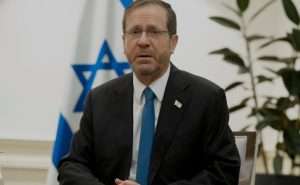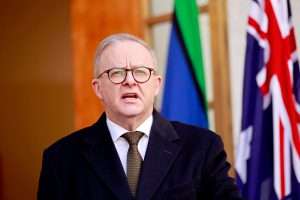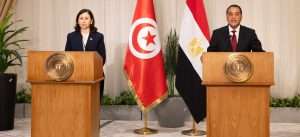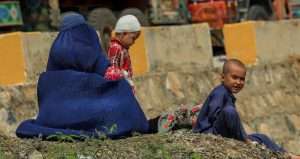Burkina Faso: African citizens can now travel with free visas
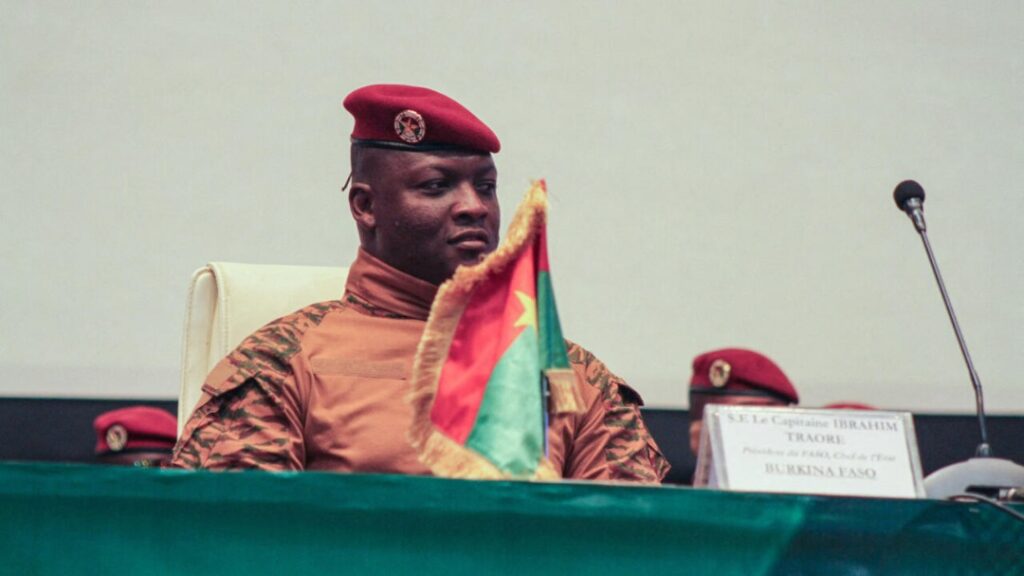
The government of Burkina Faso, led by its President Ibrahim Traore, has taken a new step in its relations across the African continent by lifting all visa costs for African citizens, according to Africanews, September 12.
It’s a move that aims to make travel to Burkina Faso easier for international travellers, with the new policy being announced by the country’s council of ministers on September 11.
The sole condition of the new free visa regime is that it only applies to fully sovereign countries, and will exclude territories like Saint Helena and Ascension, and other semi-independent nations such as Somaliland and Western Sahara.
Burkina Faso’s government has stressed that this does not mean there is now a gaping hole in its travel visa system for the continent’s 54 countries, but rather, the Council of Ministers believes this will increase tourism and facilitate greater economic activity.
The decision is part of Burkina Faso’s new law on financial amendments 2025.
Early in President Traore’s tenure in 2023, the country also piloted an electronic visa scheme with similar intentions.
The move is said to significantly reduce the costs for travellers in Burkina Faso, with a tourist visa costing around €83 previously, and a full business visa costing travellers back €183. This loss of government income, they hope, will be more than made up for in increased business interests and recreational tourism activity.
Burkina Faso is a country that has continually gained international headlines in recent years, particularly since the new regime came to power. Under Traore’s leadership, the country has sought to strengthen its international image, rebuild international relations, clean up corruption, reinvigorate its military and economy, and improve the living conditions for its citizens.
Ibrahim Traore has gained international interest and many supporters since coming to power, with many progressives around the world crowning him a ‘De-colonial Darling’ due to his anti-French policies, assertion of sovereignty, and Pan-Africanism. Many have even cited him as being the successor to Thomas Sankara.
Despite this, the country has not shied away from the wrong type of headlines, in what the government sees as getting the country ‘back on track.’
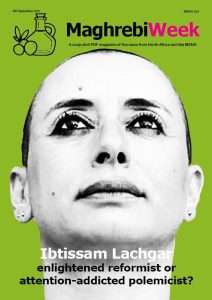
In early September 2025, the country criminalised homosexuality for the first time in the nation’s entire history, marking what could be the beginning of an extremely dark chapter in the country’s history. This move brings the number of countries in Africa where homosexuality is not punished by lengthy prison sentences, or even death, down to just 21.
It is important to note that not even the French colonial governments in Burkina Faso went as far as to criminalise homosexuality, despite the country’s overwhelmingly religious and conservative makeup.
When Burkina Faso (formerly known as Upper Volta) gained independence in 1960, it inherited the French Penal Code of 1791, which had decriminalised private, consensual same-sex relations. This is a unique state of affairs, with much of Africa’s former colonies grappling with inherited anti-LGBT policy that continues to be enforced by African governments today.
As Burkina Faso improves its freedom of movement for African citizens across the continent, it begs the question: What now for the freedom of Burkina Faso’s vulnerable LGBTQ+ community?
As a leader, Ibrahim Traore has sought to build the image of a progressive and open leader. Despite heavy international reservations, he has gained much popularity amongst his people. Though perhaps those who cautioned this excitement amid increasing repression and insecurity were correct.
It remains to be seen what the future holds for Traore’s government, or indeed for his people.
Whether it’s freedom of movement with free visas or freedom of expression, one thing is certain: Interest from the international community in Burkina Faso is only likely to deepen.
Africanews, BBC News, Reuters, Context, Maghrebi.org
Want to chase the pulse of North Africa?
Subscribe to receive our FREE weekly PDF magazine







